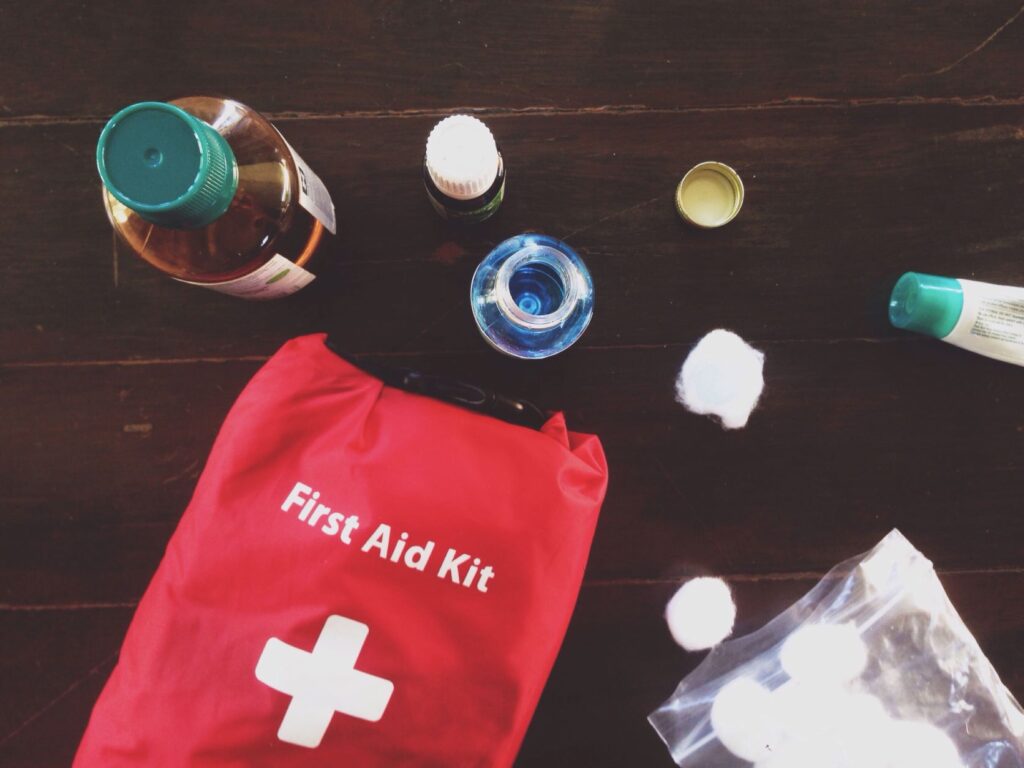Basic First Aid – What You Need to Know
Basically, first aid is what you need to do to help someone who is having an emergency situation. There are many things you can do in an emergency. You need to know how to treat a bleeding nose, how to give CPR to someone who is seriously ill, and how to rescue someone with a splinter.
CPR
Providing cardiopulmonary resuscitation (CPR) can improve your chances of survival if you are involved in a situation where someone is experiencing cardiac arrest. This is when the blood flow is stopped and the heart stops functioning. It can be caused either by a heart attack, electrocution or choking.
CPR is a manual technique that helps the body to stay alive until professional medical assistance can be provided. The goal is to maintain blood circulation and oxygen flow to the brain.
The best way to perform CPR is to be immediately responsive. If you are unable respond to touch or a loud sound, it is time to call 911.
Heimlich maneuver
The Heimlich maneuver was developed by Henry Heimlich, an American thoracic surgeon. It is a first-aid technique that can be used to treat people with foreign objects in their throats. The Heimlich Maneuver uses abdominal and chest thrusts to remove and clear the airway.
This technique has been proven to save lives. It has been widely taught in basic and advanced life support classes.
The Heimlich maneuver is a forceful abdominal and chest thrust that clears the airway. It should only be used if the airway has become completely blocked.
Remove a splinter
Basic first aid can be used to remove a splinter. It’s easy and painless. You’ll need to clean the area and use a bandage to protect it from further damage. You may need to consult a healthcare provider if the splinter is located in a sensitive area.

Use warm water and soap to clean the splinter. You can also apply an antibacterial ointment to the affected area to prevent infection.
Rubbish alcohol can also be applied to the wound. You can get this at a drugstore or medical supply store.
Treat a nosebleed
Fortunately, nosebleeds are not dangerous and can usually be treated by basic first aid. However, if your nose bleeds are severe, you should go to the hospital.
A nosebleed can be treated by applying pressure to the affected area. You can apply a petroleum jelly-infused cotton swab to the nose or apply a cold compress to your nose bridge for 15 minutes. The petroleum jelly will hydrate the nose and keep the mucous membranes moist.
To stop a cold from spreading, you can spray your nose with a saline solution. You can also use a humidifier to keep the nasal passages moist.
Treat allergic reactions
It is important to be able to recognize and treat allergic reactions. Anaphylaxis can be life-threatening and fatal if it is not treated. It can affect the whole body and can cause breathing problems, respiratory distress, dizziness, changes in heart rate or blood pressure, as well as breathing problems.
There are many medications that can treat allergic reactions, but epinephrine is by far the most popular. The medicine will quickly reverse the effects of the allergen. It can be administered intravenously or orally, and is the best treatment for anaphylaxis.
Control bleeding
It is essential to always have a first aid kit on hand. This will help you treat minor wounds without the need for a doctor or hospital. It is important to learn how to control bleeding if you have a more serious injury.
Apply pressure directly to the wound to stop bleeding. This is a simple and effective way to control bleeding. This can stop most external bleeding. It is important that you remember that although pressure can stop bleeding, it doesn’t stop arterial bleeding.
A clean cloth is another way to control bleeding. This could be a washcloth (or gauze pad), or even a sock. You should never remove this cloth from the bleeding area.
Treat a stinger
A serious problem can arise when you are stung by an insect. The pain can last up to 24 hours and can be extremely painful. Itchy sensations can also occur. It may also cause nausea.
The best way to treat a stinger is to apply first aid immediately. If you are experiencing severe pain, you should seek medical attention immediately. This is especially important for those who are allergic to the stinger. For an ambulance, you can also call triple zero (000).
Insect bites can cause pain and swelling. The swelling may be reduced by applying cold packs to the area. You may also apply antihistamines to the stinger to relieve the itching.